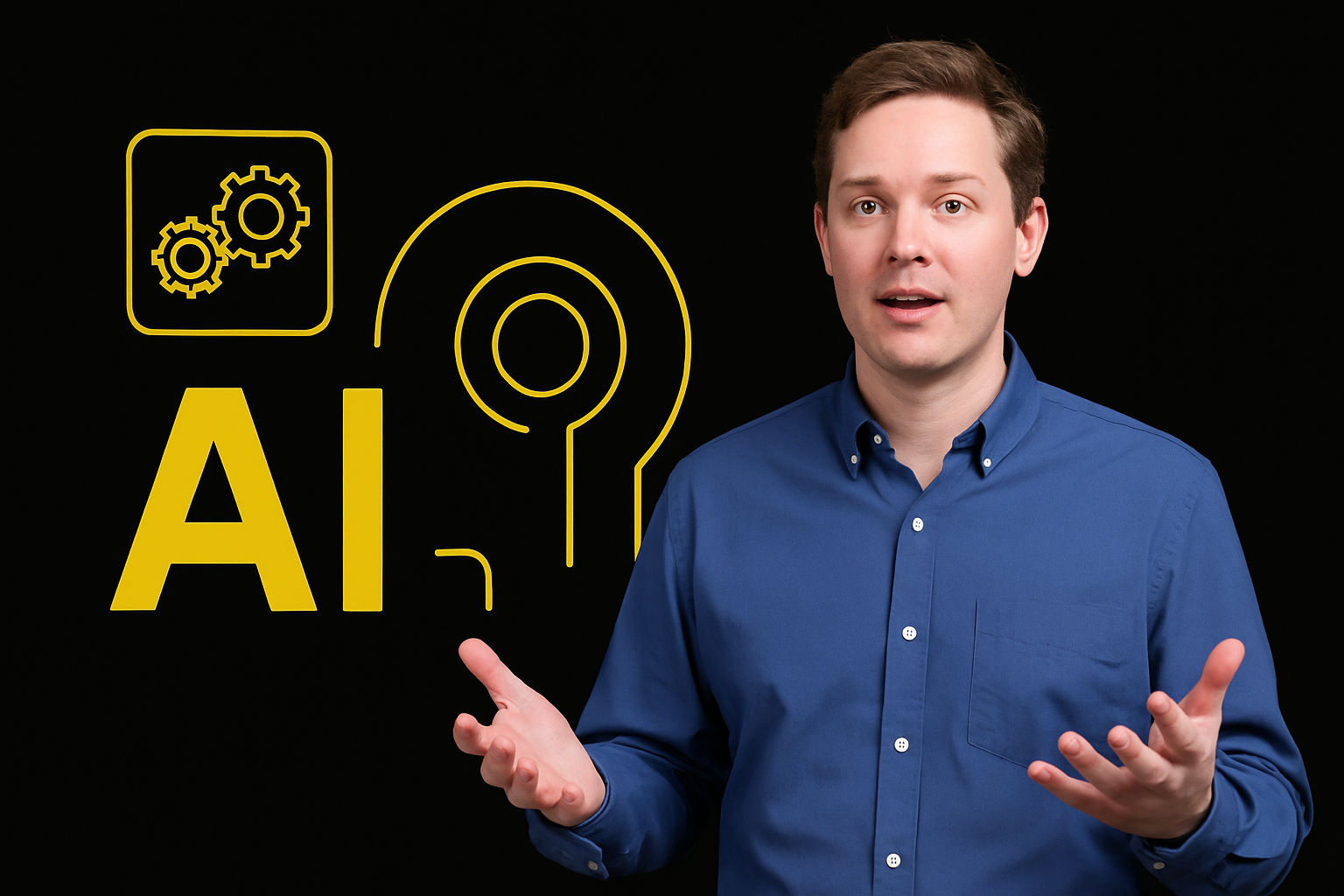Friday, June 06, 2025
AI
AI Agents Vs. Traditional Automation: What’s the Real Difference?

In today's fast-evolving digital landscape, businesses are constantly seeking ways to streamline operations and improve efficiency. Automation has long been a go-to solution, but a new player has emerged—AI Agents and it's changing the game.
So, what's the real difference between traditional automation and AI agents?
Traditional Automation: Rules-Based Efficiency
Traditional automation operates on predefined rules and logic. Think of it like a flowchart: if A happens, then do B. It’s fast, consistent, and ideal for repetitive tasks where the input and output are predictable.
Key Features:
- Hardcoded logic
- No learning or adaptability
- Task-specific workflows
- Simple integrations
A traditional automation script in a finance department may scan invoices, extract totals using OCR, and input data into an accounting system. It works perfectly—until a new invoice layout appears, at which point it breaks.
AI Agents: Intelligent, Adaptive Workers
AI Agents, by contrast, are context-aware systems built using machine learning (ML), large language models (LLMs), or multi-agent frameworks. They can understand natural language, make decisions, and adapt to changes over time.
Key Features:
- Learns from interactions (reinforcement learning or feedback loops)
- Understands language, context, and user intent
- Can handle dynamic, multi-step tasks
- Integrates with multiple systems using APIs, databases, or vector stores
A customer service AI agent not only replies to emails but also:
- Understands the customer’s issue from natural language
- Fetches order data from the CRM
- Issues a refund or reorders the item
- Updates the ticketing system
- Alerts a human agent if something seems abnormal
Why AI Agents Are the Future
- Fewer breakpoints: They don’t crash just because an input format changed.
- Human-like interactions: They understand tone, urgency, and even emotions.
- Self-improving: With feedback, they get better over time.
- Multi-functionality: One agent can handle customer service, scheduling, and reporting.
Traditional automation paved the way for digital efficiency, but it’s rigid and best suited for static tasks. AI Agents, on the other hand, represent a flexible, intelligent future—one where systems can think, learn, and collaborate alongside humans.
Businesses that want to stay ahead aren’t just automating—they’re augmenting their teams with intelligent agents.